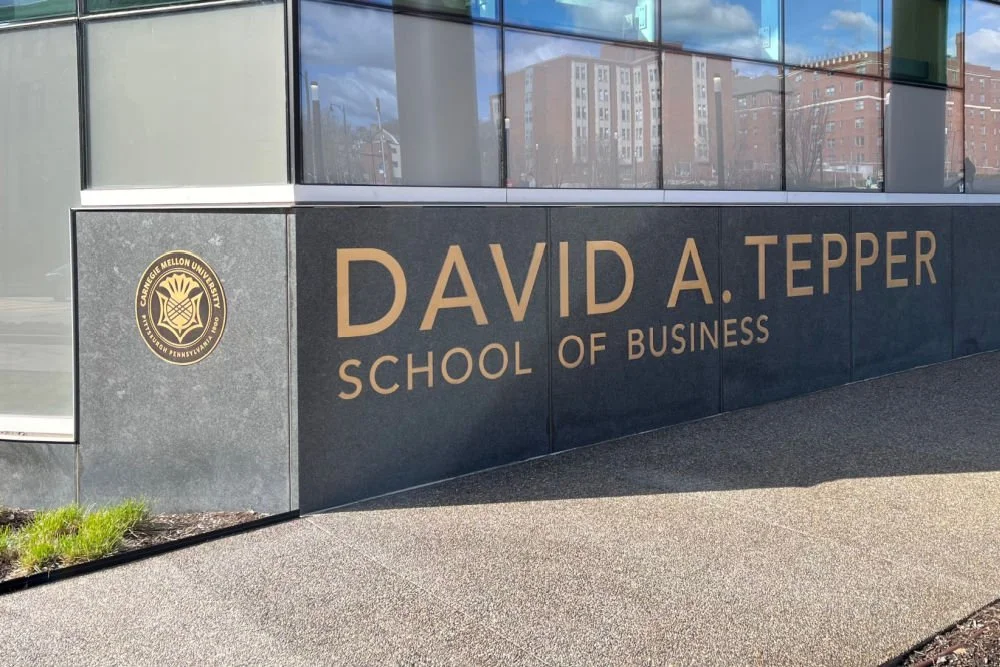Lots of Foundations Underwrite Summer Jobs. What's the Payoff?
/Monkey Business Images/shutterstock
Back when I was a teenager in a tiny Midwestern town, I spent my summers cashiering at the local grocery store and waitressing at Denny’s a couple towns over. The pay was minimum wage ($5 and change, back then) and the work certainly wasn’t glamorous, but it kept me out of trouble and taught me a thing or two about saving and spending money.
Fast-forward a couple decades, and summer jobs for teens are a lot harder to come by. Three decades ago, over half of all teens worked a summer job. Now, less than a third of teenagers do. Kids of color are even less likely to work summer jobs. There are various reasons for this, including the decline of entry-level jobs, greater competition for those jobs from adults who need them, and growing pressures on teens to engage in extra schooling or take internships during the summer to get a leg up professionally.
The demise of the summer job comes with some costs. Historically, these jobs were important for helping teenagers develop work habits, and for lower income families, the extra money can really be important. Also, as I mentioned, going to a job every day is a good way for teenagers to stay out of trouble—no small thing in cities with high levels of violence, especially during summer months.
All of which explains why quite a few foundations around the U.S. bankroll summer jobs programs. This year is no exception, with local funders in a variety of places stepping up to fund work for teenagers.
In Detroit, the Dresner Foundation announced that it was putting up $1 million over two years to support summer jobs for about 1000 teens aged 14 to 15. In Baltimore, the charitable fund of Kevin Plank, CEO of Under Armour, put up funds for 40 jobs and also contributed to a larger city-wide initiative on summer youth employment. And in Chicago, as we reported this spring, Barack and Michelle Obama made their first major philanthropic gift by contributing $2 million to fund summer jobs and apprenticeships for young people.
Examples abound in other cities, with local funders typically in the lead. The foremost national funder that's been active in this space in recent years is JPMorgan Chase. The bank has backed summer employment in at least 15 cities as part of its larger workforce development grantmaking. This spring, JPMorgan Chase announced $17 million in new funding over five years to "increase the number of teens with access to quality summer work experiences that put them on a path to greater economic mobility."
The bank has also proselytized for such grantmaking, issuing two studies on its work in this area. The most recent of these said, "The benefits of summer jobs are well-documented — they contribute to short- and long-term employment success, increase the likelihood that students will graduate from high school and pave the way to a successful progression into adulthood."
That study also offers lots of advice for other funders looking to succeed in this area.
Pivoting back to the local level, the Boston Foundation's recent grantmaking offers a good example of how some funders are approaching summer jobs. Earlier this month, TBF announced approximately $270,000 in grants for summer jobs, which are going to about two-dozen groups that provide over 700 jobs for area youth.
Here's how Paul S. Grogan, TBF’s president and CEO, explained the grants: "Summer jobs have become an all-too-scarce commodity in some communities—we are able to provide flexible dollars that will allow our partners to offer pre-employment opportunities to our 13- and 14-year-olds who so often feel too old for camp but not quite ready for summer employment, and employment opportunities to our most vulnerable youth which includes LGBTQ, immigrant, homeless and court-involved young people."
Not only are these grants designed to start teaching job skills to local youth and give them real work experience, but also target at-risk youth who need positive influences in their lives. TBF really wants these jobs to go to the types of teens that likely wouldn’t get a summer job if not for the efforts of grassroots program grantees. Another key component of TBF’s new grants is flexibility with deadlines so that teens don’t miss out on job opportunities because their challenging lives get in the way.
Like some of the other funders in the summer jobs space, TBF has a larger agenda regarding workforce development. This spring, it announced an investment of $10 million in programs that are expected to create an estimated 3,000 jobs. This is a five-year TBF partnership with the Skillworks Funders Collaborative, and it comes at a time when the city of Boston is also investing $1 million to help Boston residents get in on tech jobs.
Skillworks was co-founded by TBF, and the funder has already put at least $8 million into the initiative. TBF has given many more millions to other workforce development programs such as BEST Corp., English for Bostonians, and the New England Center for Arts and Technology.
Talking about TBF's broader goals, Paul Grogan made the following comment in a press release:
It’s difficult to imagine a better environment in which to focus investment on workforce development programs than the one we are experiencing right now. In a labor market that is creating demand for skilled workers, investments that yield college graduates or workers with industry-relevant competencies are the most effective way to fill those vacancies. That creates a win-win-win—for the employer, the employee and the region as a whole.







































